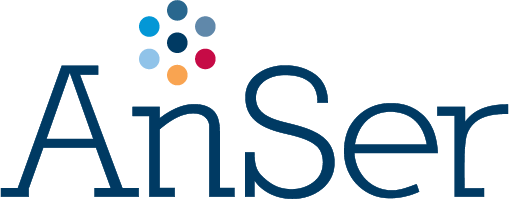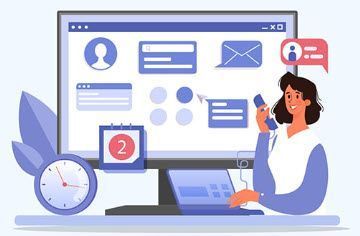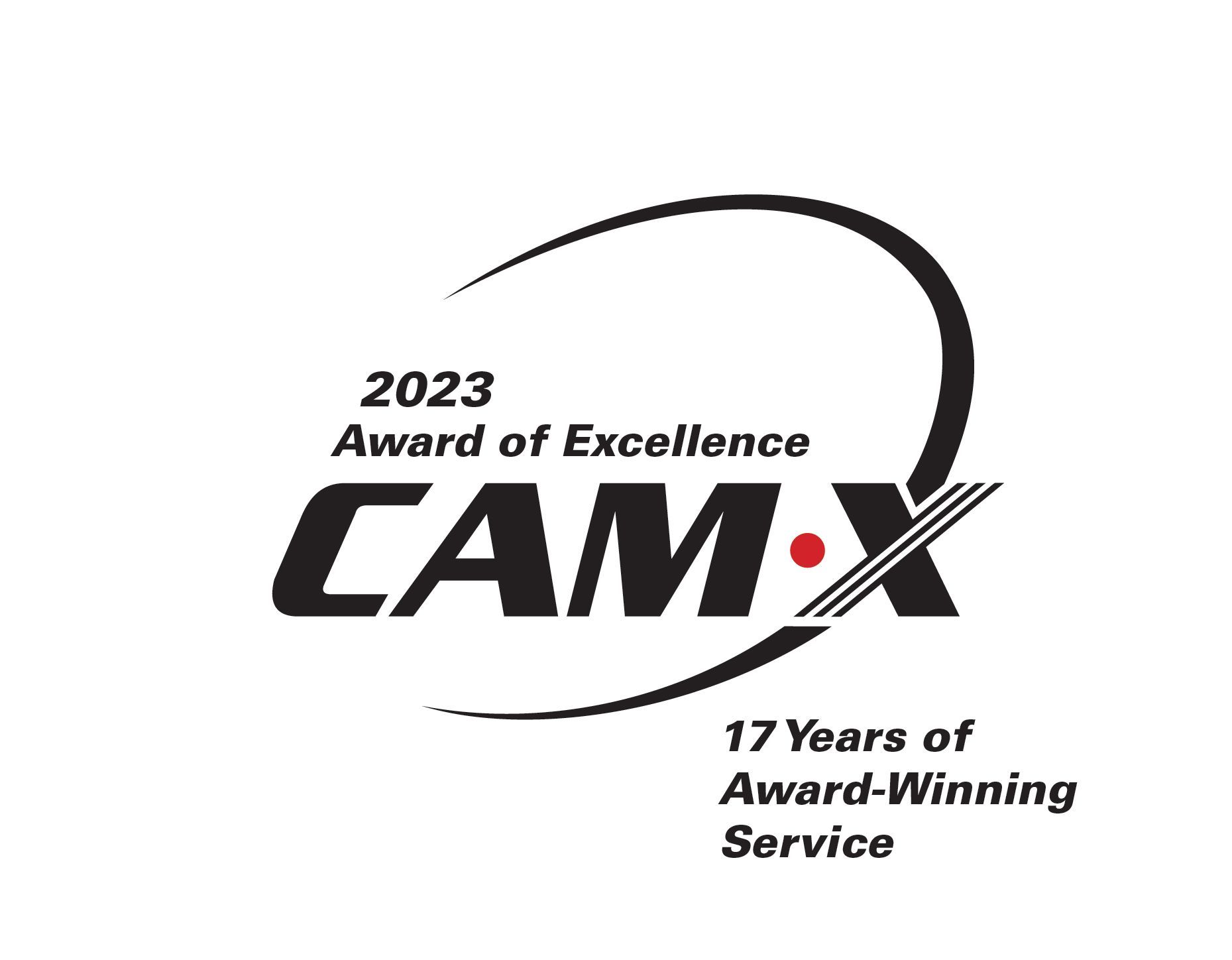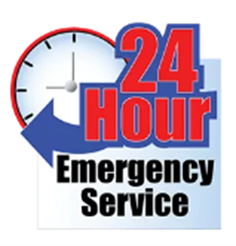Adopting Efficient Customer-Care Services for Hospitals
June 9, 2022

Customer satisfaction is fundamental to business success regardless of the sector. Some people assume that hospitals should not bother with customer satisfaction so long as they provide quality healthcare services — this is not the case. Remember, a healthcare facility is still a business entity and needs proper customer services to retain its clients.
This blog outlines the customer-service benefits of incorporating appointment scheduling and answering services in hospitals.
You do not want patients to spend the whole day in the waiting area as they wait to see the doctor. Prolonged waiting may prompt some patients to leave your hospital and seek health services elsewhere.
Additionally, patients with severe conditions may experience exacerbations while in your waiting area. Such incidences may taint your facility's reputation and discourage patients from seeking services from your hospital. Instead, a customer call service allows the personnel to notify hospital staff of patients with emergencies, which allows them to prepare in a timely manner.
Lastly, you do not want patients to overcrowd the waiting rooms because of health safety reasons. Recent pandemics like the Covid-19 outbreak require social distancing among patients and hospital staff. This means your lobby may no longer handle the same number of visitors as before. Thus, appointment scheduling limits access to only patients due for consultations.
The US Department of Health and Human Services requires hospitals to comply with HIPAA guidelines. Hospitals must uphold patient privacy and confidentiality when they handle patient information. Otherwise, they risk culpability.
Answering services provide a professional way to handle patient confidentiality. They understand HIPAA compliance requirements and implications. Moreover, they train their customer-care personnel on how to handle patient information.
Hospitals cater to patients from diverse backgrounds. Patients differ regarding their gender, age, socioeconomic status, and race. Such differences often result in unique patient needs.
For example, patients from minority groups may struggle to express themselves in English. Such challenges often undermine the quality of services they receive. Answering services bridge the language barrier by providing bilingual customer-care personnel. The personnel foster communication between such patients and your hospital's staff.
Answering services also train their personnel to handle problematic callers. They understand that clients often have bad days when they may lash out at workers. Customer-care personnel deescalate the situation without undermining your clients' loyalty to your hospital.
You do not want to have inadequate staff on days when you have the most appointments. Otherwise, you may fail to serve your patients and lose loyal clients. Suppose some workers are absent for work-related or personal reasons. You may need backup doctors and nurses to stand in for the absent staff. Appointment scheduling facilitates prior planning, which mitigates patient overload.
Remember, patient overload predisposes your staff to fatigue. It, in turn, increases the risk of medical errors, which lead to legal liabilities. Thus, coordinate with your customer-care agency to modify your staffing roasters in a timely manner.
Hospital receptionists receive numerous calls daily from patients and the public regarding their services. Additionally, some people visit hospitals to inquire about issues like the offered services and consultation hours. The calls may overwhelm the in-house receptionists and result in many unanswered inquiries.
Outsourcing customer-care services benefits your hospital in several ways. First, the agencies have large teams that can handle numerous inquiries simultaneously. Second, the workers are trained in effective information relaying, so they can answer questions comprehensively and in the shortest time possible.
Outsource answering services to streamline your operations and keep your customers happy. Interested hospitals located in Wisconsin, Illinois, Iowa, New York, Kentucky, Mississippi, Oregon, and Maryland may contact AnSer for personalized services that match their operational needs.
This blog outlines the customer-service benefits of incorporating appointment scheduling and answering services in hospitals.
Reduce Waiting Time
You do not want patients to spend the whole day in the waiting area as they wait to see the doctor. Prolonged waiting may prompt some patients to leave your hospital and seek health services elsewhere.
Additionally, patients with severe conditions may experience exacerbations while in your waiting area. Such incidences may taint your facility's reputation and discourage patients from seeking services from your hospital. Instead, a customer call service allows the personnel to notify hospital staff of patients with emergencies, which allows them to prepare in a timely manner.
Lastly, you do not want patients to overcrowd the waiting rooms because of health safety reasons. Recent pandemics like the Covid-19 outbreak require social distancing among patients and hospital staff. This means your lobby may no longer handle the same number of visitors as before. Thus, appointment scheduling limits access to only patients due for consultations.
Comply with HIPPA Regulations
The US Department of Health and Human Services requires hospitals to comply with HIPAA guidelines. Hospitals must uphold patient privacy and confidentiality when they handle patient information. Otherwise, they risk culpability.
Answering services provide a professional way to handle patient confidentiality. They understand HIPAA compliance requirements and implications. Moreover, they train their customer-care personnel on how to handle patient information.
Curb Language Barriers
Hospitals cater to patients from diverse backgrounds. Patients differ regarding their gender, age, socioeconomic status, and race. Such differences often result in unique patient needs.
For example, patients from minority groups may struggle to express themselves in English. Such challenges often undermine the quality of services they receive. Answering services bridge the language barrier by providing bilingual customer-care personnel. The personnel foster communication between such patients and your hospital's staff.
Answering services also train their personnel to handle problematic callers. They understand that clients often have bad days when they may lash out at workers. Customer-care personnel deescalate the situation without undermining your clients' loyalty to your hospital.
Ensure Accurate Staffing Levels
You do not want to have inadequate staff on days when you have the most appointments. Otherwise, you may fail to serve your patients and lose loyal clients. Suppose some workers are absent for work-related or personal reasons. You may need backup doctors and nurses to stand in for the absent staff. Appointment scheduling facilitates prior planning, which mitigates patient overload.
Remember, patient overload predisposes your staff to fatigue. It, in turn, increases the risk of medical errors, which lead to legal liabilities. Thus, coordinate with your customer-care agency to modify your staffing roasters in a timely manner.
Answer Patients' Inquiries
Hospital receptionists receive numerous calls daily from patients and the public regarding their services. Additionally, some people visit hospitals to inquire about issues like the offered services and consultation hours. The calls may overwhelm the in-house receptionists and result in many unanswered inquiries.
Outsourcing customer-care services benefits your hospital in several ways. First, the agencies have large teams that can handle numerous inquiries simultaneously. Second, the workers are trained in effective information relaying, so they can answer questions comprehensively and in the shortest time possible.
Outsource answering services to streamline your operations and keep your customers happy. Interested hospitals located in Wisconsin, Illinois, Iowa, New York, Kentucky, Mississippi, Oregon, and Maryland may contact AnSer for personalized services that match their operational needs.















